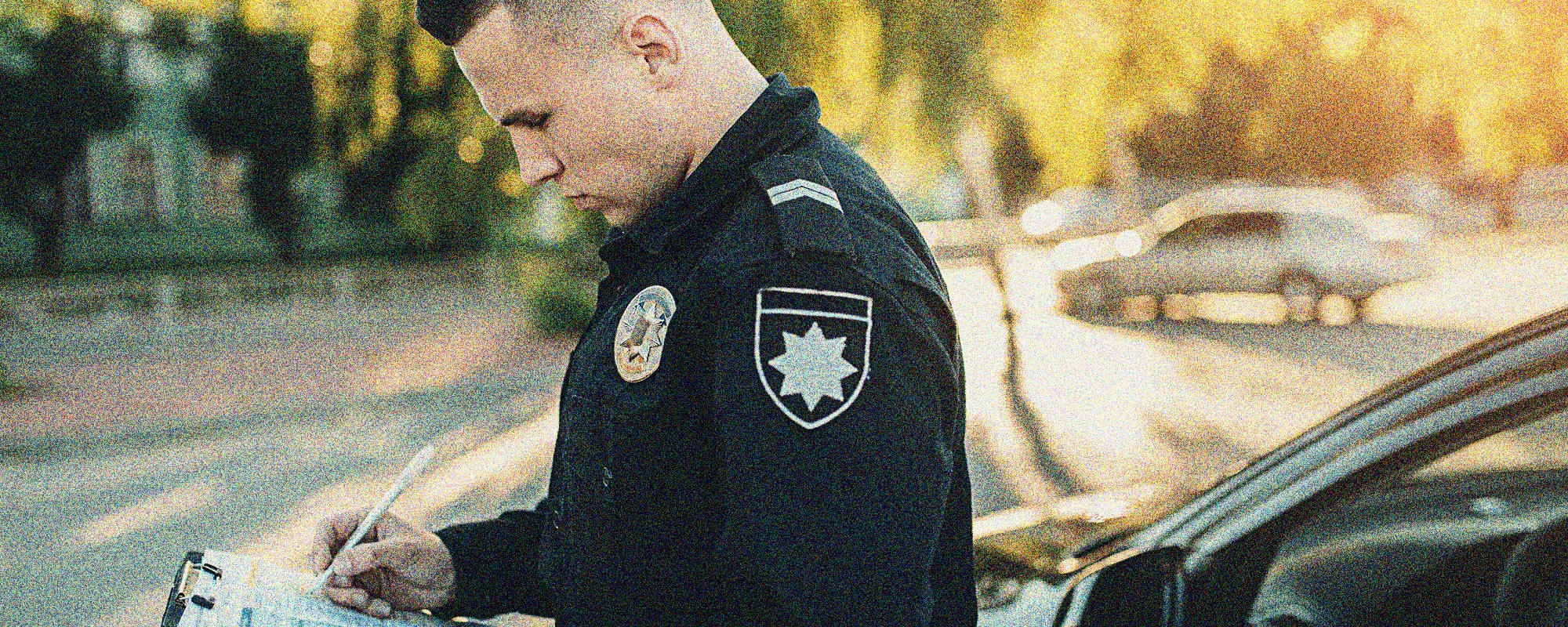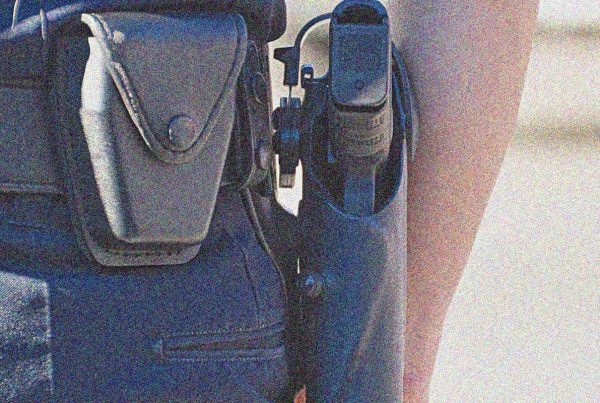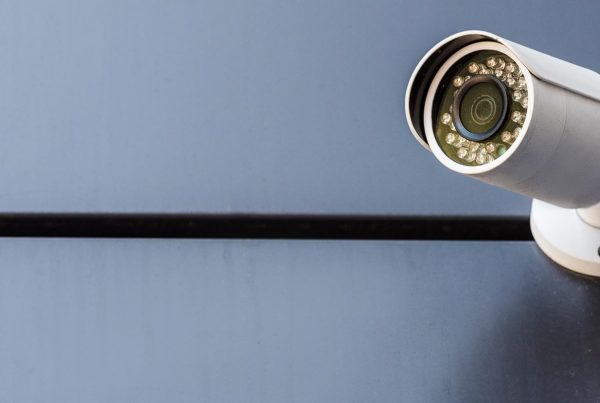On December 13, 2024 the Canadian Civil Liberties Association was granted leave to intervene at the Supreme Court of Canada (SCC) in the case of R. v. Singer. This matter is about the scope of the “implied licence to knock”, and whether this doctrine allows the police to enter a private driveway without a warrant to further an investigation and gather evidence.
In this case, police officers approached a vehicle parked in a private driveway and observed that Mr. Singer was apparently asleep in the driver’s seat. They opened the door, awoke Mr. Singer from his sleep, and required that he take a roadside breath test. They subsequently arrested Mr. Singer for impaired driving. The Saskatchewan Court of Appeal found that the police’s entry into the driveway and search of the vehicle without a warrant violated Mr. Singer’s constitutional right to be secure against unreasonable search or seizure (s. 8 of the Charter) and excluded the evidence obtained from the search.
The Crown is appealing this decision to the SCC. The Crown is arguing that the police’s actions were justified by the implied licence doctrine which enables police—just like anyone else—to approach a private property to communicate with an occupant.
CCLA is intervening in this case to make submissions as to the narrow applicability of the implied licence doctrine and how it operates in the s. 8 context. If the police’s purpose in coming onto an occupant or owner’s property is investigatory, that will disqualify the police from relying on the implied licence doctrine. Where police cross into one’s private property, they are entitled to make a direct approach to the front door to communicate; they are not entitled to make a trespassory detour elsewhere on the property to investigate or secure evidence.
CCLA is grateful to Nader R. Hasan and Alexandra Heine of Stockwoods LLP for their excellent pro bono representation in this case.
About the Canadian Civil Liberties Association
The CCLA is an independent, non-profit organization with supporters from across the country. Founded in 1964, the CCLA is a national human rights organization committed to defending the rights, dignity, safety, and freedoms of all people in Canada.
For the Media
For further comments, please contact us at media@ccla.org.





